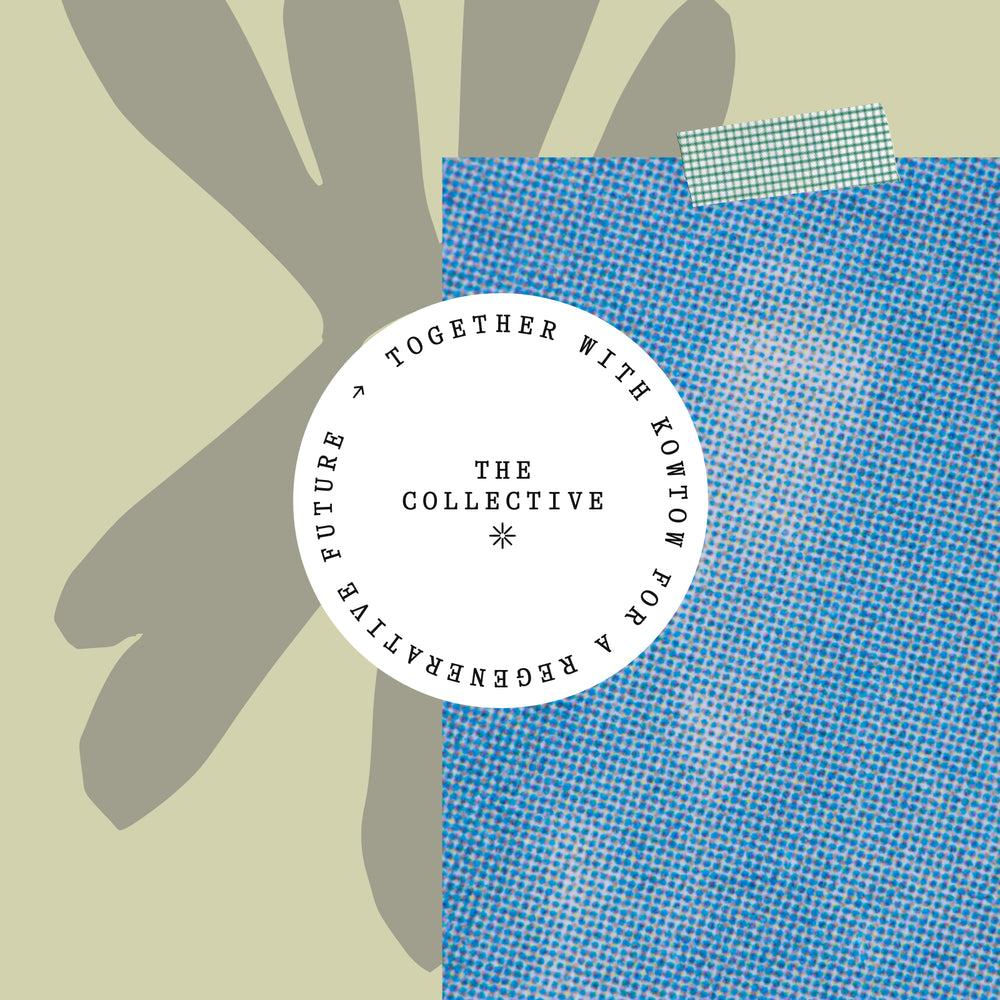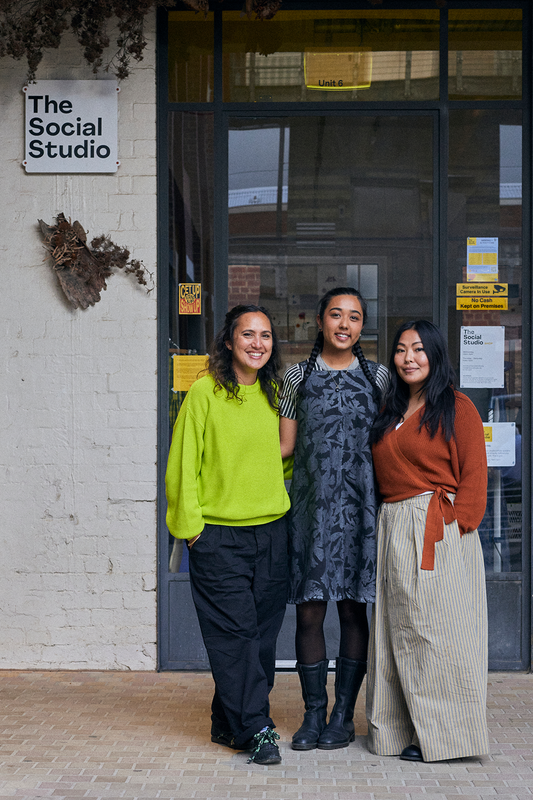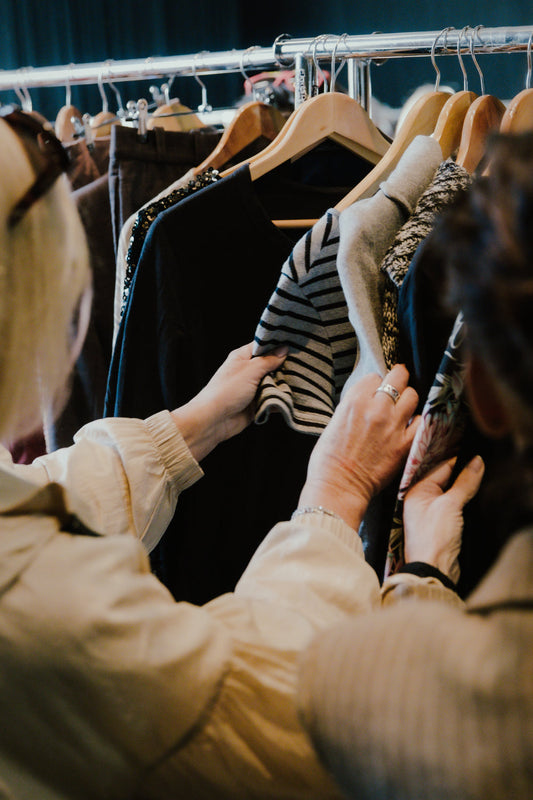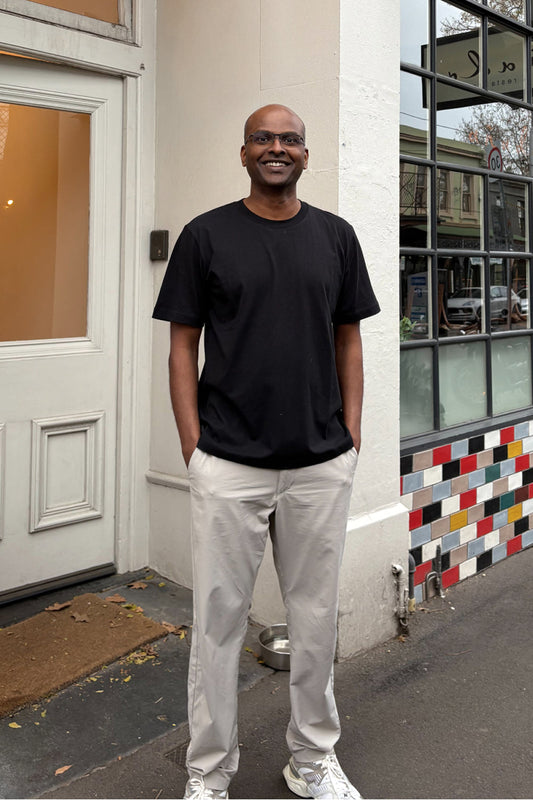
At Kowtow, Fairtrade isn’t just a label — it’s the foundation our entire business is built on. It’s how we show up, for the people behind our clothes and the planet we all share. This year, as we celebrate Fairtrade Fortnight, we’re reflecting on nearly two decades of choosing a different path — one rooted in justice, dignity and long-term relationships.
Why Fairtrade still matters
In an industry built on speed and exploitation, Fairtrade has always turned the model on its head. It guarantees better prices, decent working conditions and a Fairtrade Premium — an additional sum of money that communities decide how to spend.
Our cotton is grown by smallholder farmers in India, through certified producer organisations like Chetna Organic, Pratibha, and Pratima. These are not just farms — they’re ecosystems of change.
 What is the Fairtrade premium?
What is the Fairtrade premium?
In 2024, Kowtow contributed $12,482 in Fairtrade Premium payments — in addition to paying the guaranteed Fairtrade Minimum Price (FTMP) for the organic cotton itself.
This money has helped fund everything from education to clean water — the kind of infrastructure that changes futures, not just supply chains.
Take Chetna Organic, for example. Based in the heart of Maharashtra, Chetna supports 13,170 farming families across more than 400 villages. 35% of these farmers are women.
Their premium projects in 2024 included:
-
85 solar lamps, making night-time meetings safer and brighter spaces for the farmer’s children to do their homework.
-
40 borewells, improving water access across multiple villages.
-
10,600 packs of Non-GMO organic seed distributed — boosting resilience, lowering emissions, and keeping Big Ag at bay.
-
Jobs for over 200 women, who stepped into leadership roles through community-run nurseries.
All of it driven by the farmers themselves.
 Regenerating Land, Not Just Revenue
Regenerating Land, Not Just Revenue
Alongside Fairtrade, our farmers are also using regenerative agriculture practices to produce the natural fibres that make up our clothes — practices that give more to the soil than they take. At Pratibha, one of India’s largest Fairtrade organic cotton networks, their initiatives include tree planting, organic composting and farming without synthetic pesticides.
The environmental impact is real. A recent EU study found that Fairtrade organic cotton in India generates 45% fewer greenhouse gas emissions* than conventional cotton. On 96% of Fairtrade farms, chemical pesticides are a thing of the past.
 More Than Just Getting Dressed
More Than Just Getting Dressed
Fairtrade isn’t just part of our process — it’s a promise. A promise that your clothes can support farmers, regenerate land and build something better than just profit margins.
So next time you open your wardrobe, look at the label and think. Not in a guilt-trip way — just a gentle curiosity. Who made this? What is it made from? Where did it come from? And what if getting dressed could feel even better?
If you’d like to read more about the impact your support makes possible, you can dig into our 2024 Impact Report here.




